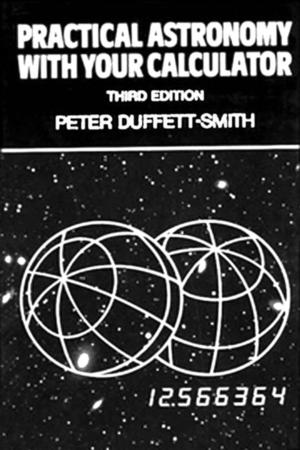Modal Logic for Philosophers
Nonfiction, Religion & Spirituality, Philosophy, Logic, Computers, General Computing| Author: | James W. Garson | ISBN: | 9781107502208 |
| Publisher: | Cambridge University Press | Publication: | November 25, 2013 |
| Imprint: | Cambridge University Press | Language: | English |
| Author: | James W. Garson |
| ISBN: | 9781107502208 |
| Publisher: | Cambridge University Press |
| Publication: | November 25, 2013 |
| Imprint: | Cambridge University Press |
| Language: | English |
This book on modal logic is especially designed for philosophy students. It provides an accessible yet technically sound treatment of modal logic and its philosophical applications. Every effort is made to simplify the presentation by using diagrams instead of more complex mathematical apparatus. These and other innovations provide philosophers with easy access to a rich variety of topics in modal logic, including a full coverage of quantified modal logic, non-rigid designators, definite descriptions, and the de-re de-dicto distinction. Discussion of philosophical issues concerning the development of modal logic is woven into the text. The book uses natural deduction systems, which are widely regarded as the easiest to teach and use. It also includes a diagram technique that extends the method of truth trees to modal logic. This provides a foundation for a novel method for showing completeness that is easy to extend to quantifiers. This second edition contains a new chapter on logics of conditionals, an updated and expanded bibliography, and is updated throughout.
This book on modal logic is especially designed for philosophy students. It provides an accessible yet technically sound treatment of modal logic and its philosophical applications. Every effort is made to simplify the presentation by using diagrams instead of more complex mathematical apparatus. These and other innovations provide philosophers with easy access to a rich variety of topics in modal logic, including a full coverage of quantified modal logic, non-rigid designators, definite descriptions, and the de-re de-dicto distinction. Discussion of philosophical issues concerning the development of modal logic is woven into the text. The book uses natural deduction systems, which are widely regarded as the easiest to teach and use. It also includes a diagram technique that extends the method of truth trees to modal logic. This provides a foundation for a novel method for showing completeness that is easy to extend to quantifiers. This second edition contains a new chapter on logics of conditionals, an updated and expanded bibliography, and is updated throughout.















